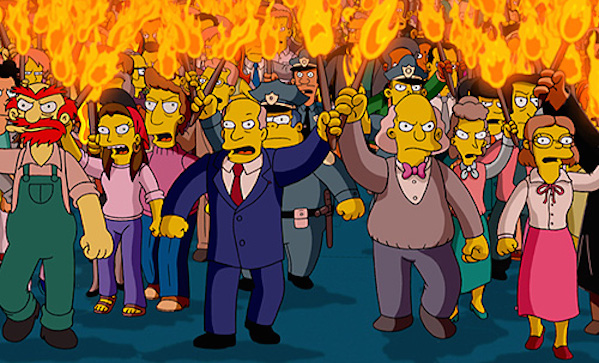Cross me, and I’ll get even. Cross a friend, and it’s time for war. Sounds about right?
A new study published in Nature Communications has found that, when it comes to responding to acts of unfairness, people try and restore what they lost when the unfairness happens to them, but punish the perpetrator more harshly when the unfairness happens to someone else.
Researchers used a variation of the ultimatum game, a common psychological test, to conduct experiments. In the first, which had more than 100 participants, Player A proposes a division of a $10 pie with Player B, who can respond in a few ways:
- accept the proposal;
- punish Player A by reducing Player A’s amount in a counteroffer;
- equally splitting the pie in half;
- compensating Player B so that Player B’s pay-out matches Player A’s pay-out;
- or reversing the proposed split, which would be quite severe if Player A offered bad terms.
In this experiment, Player B was most likely to choose the compensate option than either of the punishing options, even if they received a highly unfair offer like a spit of $9 to $1.
However, in a second experiment, the results were quite different. This time another player was added, and Player C’s job was to observe the game and make decisions on behalf of Player B. In this experiment, Player C was far more likely to reverse an unfair split, punishing Player A, even though Player C had no skin in the game, so to speak.
In a third experiment, this time with more than 500 participants, Players B and C would sometimes switch roles. Even still, people responding to their own offers were more likely to compensate, and people responding to offers on behalf of others were more likely to punish.
Why is this? Well, it could be because, as a society, we have a direct interest in others being treated fairly, and when they aren’t, we might be thinking, “tomorrow, that’s me.”


